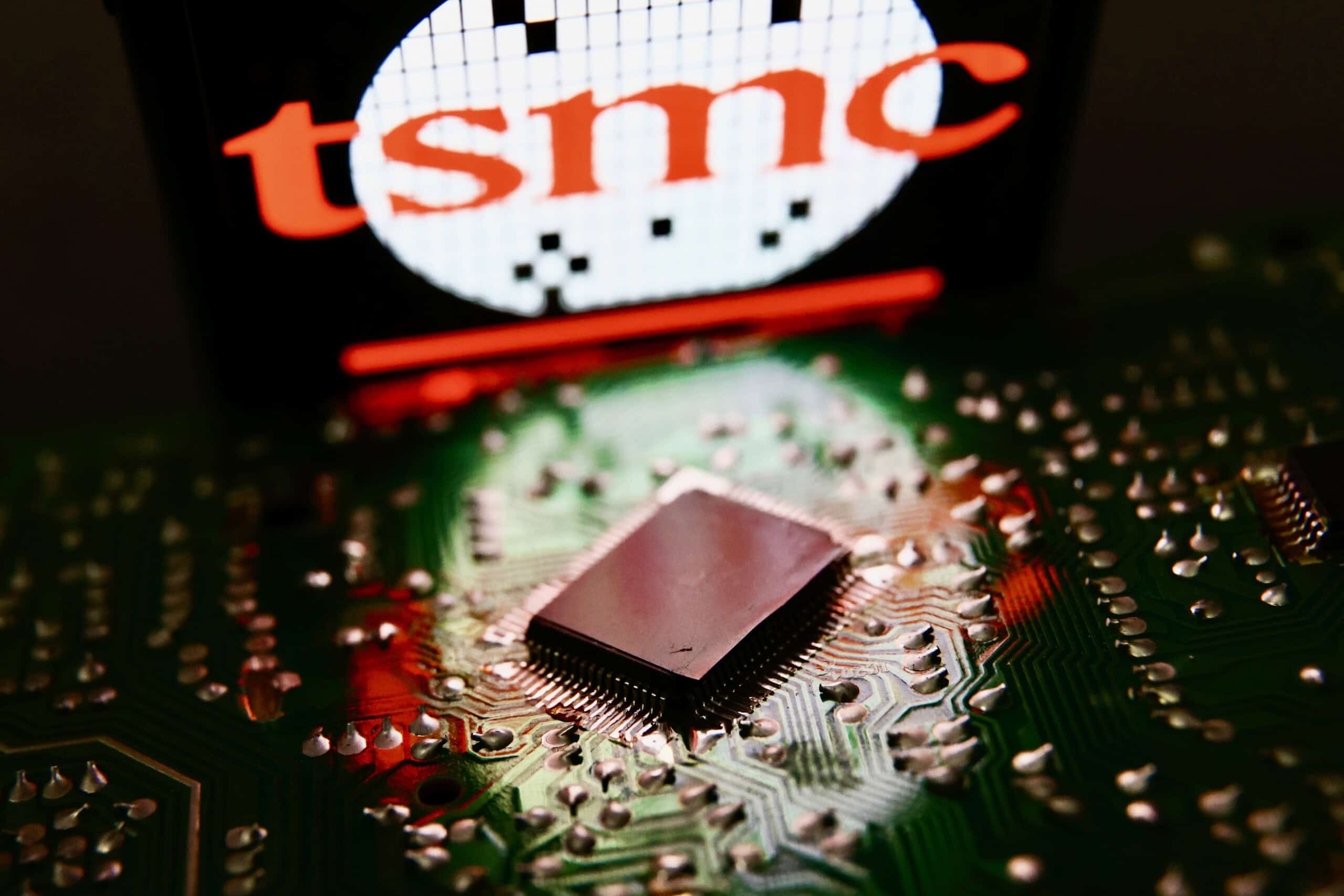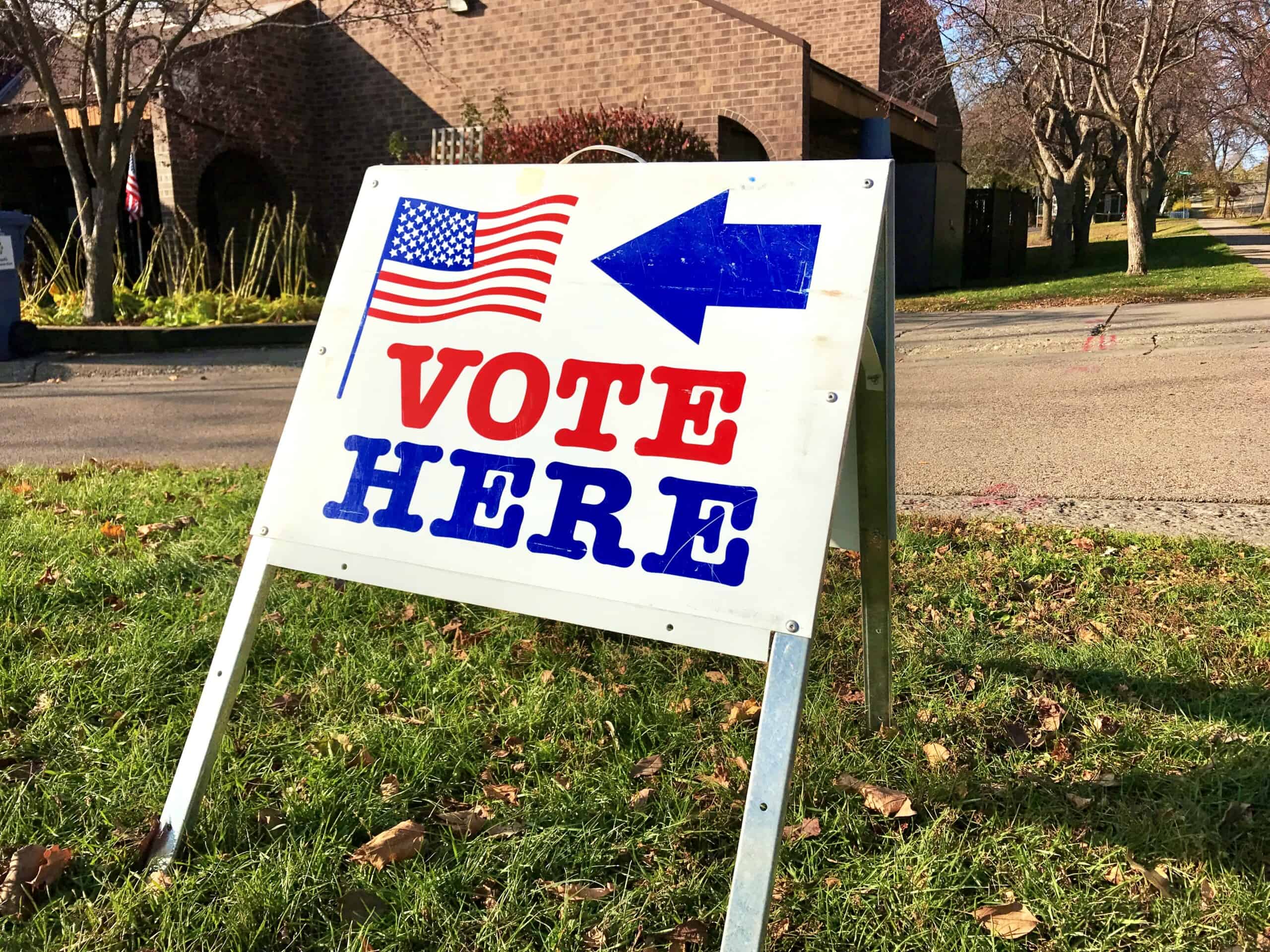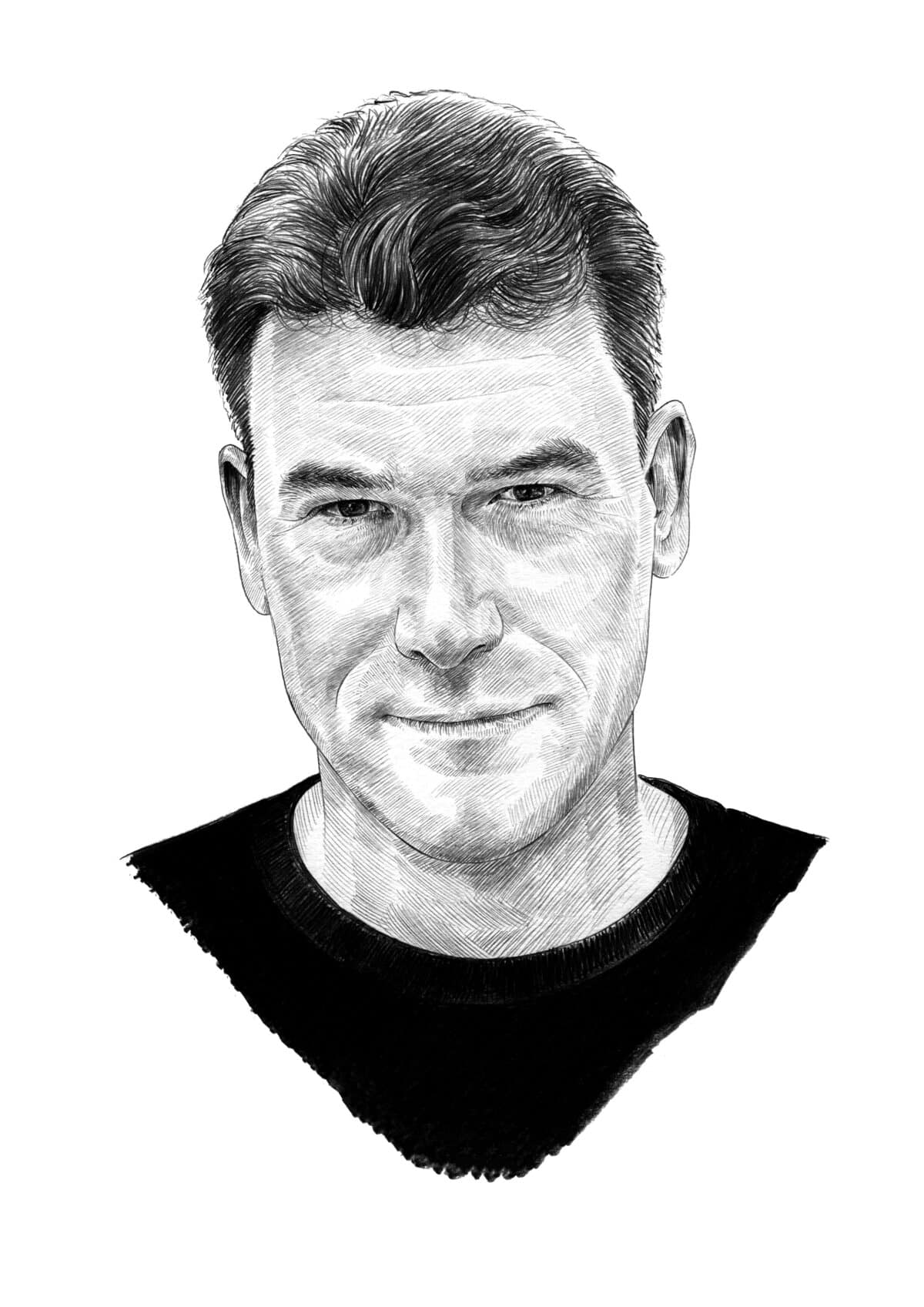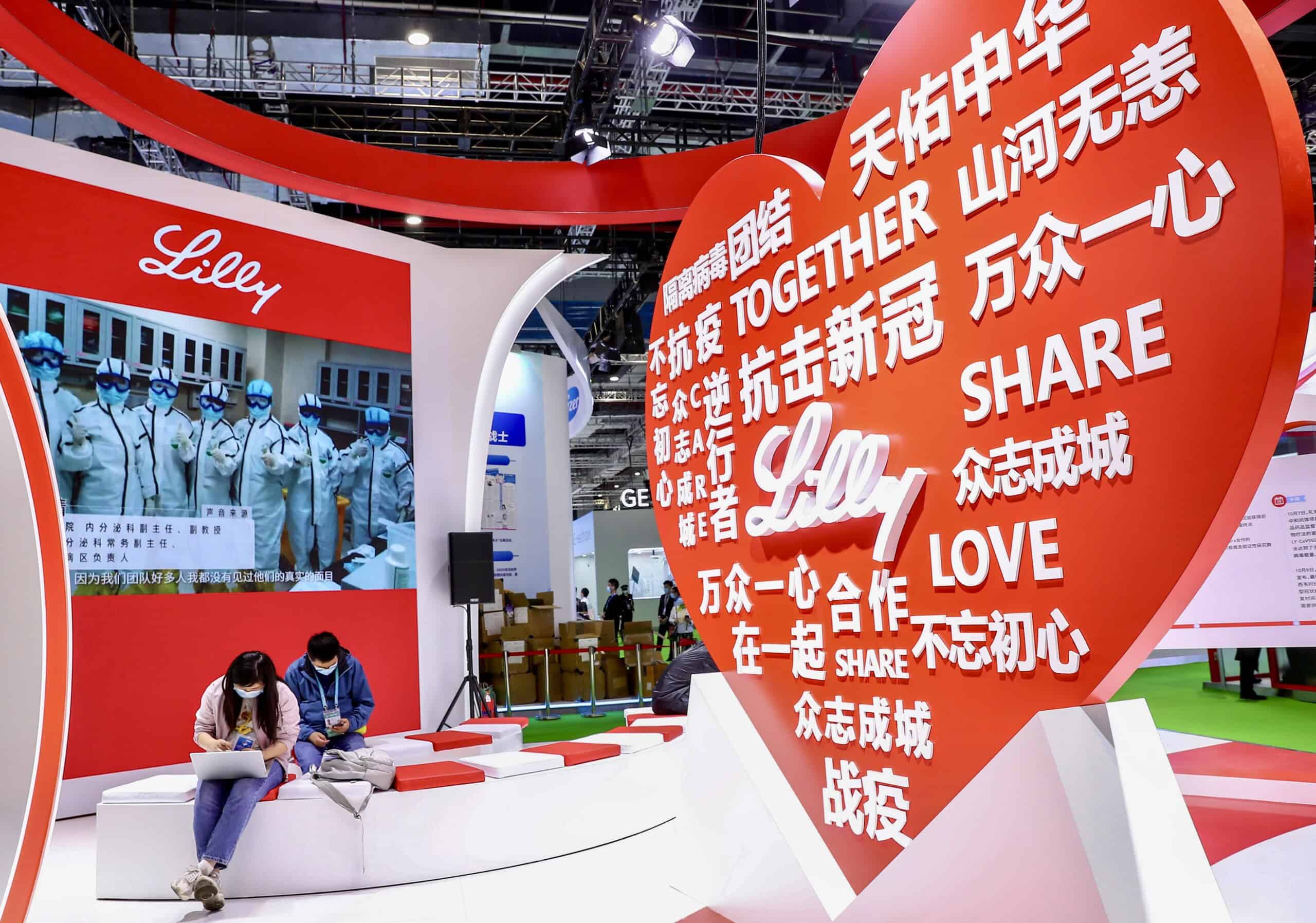Good evening. On Thursday, our subscribers got early access to this week’s cover story: an investigation into the Chinese company that allegedly passed TSMC-made chips on to Huawei. It’s a fascinating read, in part because it lays out just how narrow the space has become for companies that want to do business in China. Elsewhere, we have infographics laying out how China has appeared on the U.S. presidential campaign trail; an interview with Paul French on the adventures of an American future duchess in interwar China; a reported piece on how big pharma is doubling down on China; and an op-ed on the risks of America’s growing Sinophobia. To read this week’s issue in full, please subscribe here.
Want this emailed directly to your inbox? Sign up to receive our free newsletter.

TSMC’s Huawei Headache
TSMC is in hot water for allegedly supplying chips to Huawei via a company with ties to crypto. That company also has ties to the Chinese state. A review of ownership records by Eliot Chen and Noah Berman raises new questions about why TSMC was supplying it in the first place.

The Big Picture: China on the Campaign Trail
China has played far more of a supporting role this year than in other recent U.S. presidential campaigns. This week’s infographics by Noah Berman look at what the presidential and vice presidential nominees have said about China.

A Q&A with Paul French

Paul French is a British author and sinologist. He has published numerous nonfiction titles set in early 20th-century China, including City of Devils: The Two Men Who Ruled the Underworld of Old Shanghai and Midnight in Peking: How the Murder of a Young Englishwoman Haunted the Last Days of Old China. He is also the author of a work of North Korean history called North Korea: State of Paranoia. In the late nineties, he moved to Shanghai where he ran a market research firm called Access Asia. In 2011, he sold it, returned to London and became a full-time writer with a focus on Chinese history. His newest book, Her Lotus Year: China, the Roaring Twenties, and the Making of Wallis Simpson, examines the year that Wallis Simpson — who later became the Duchess of Windsor after marrying the former King Edward VIII— spent in interwar China, from 1924-25. In this week’s interview with Brent Crane, he discusses the book, Wallis Simpson’s activities for U.S. intelligence, and the plight of the modern China book.
Paul French
Illustration by Lauren Crow

Big Pharma Doubles Down on China
Foreign pharmaceutical firms are eyeing the world’s second largest market for profit opportunities as well as innovative assets. Rachel Cheung reports on the recent activity.

Sinophobia and U.S. Election Lies
The current political climate in the U.S. is harming its relations with China, argues Stephen Roach in this week’s op-ed.
Subscribe today for unlimited access, starting at only $19 a month.



